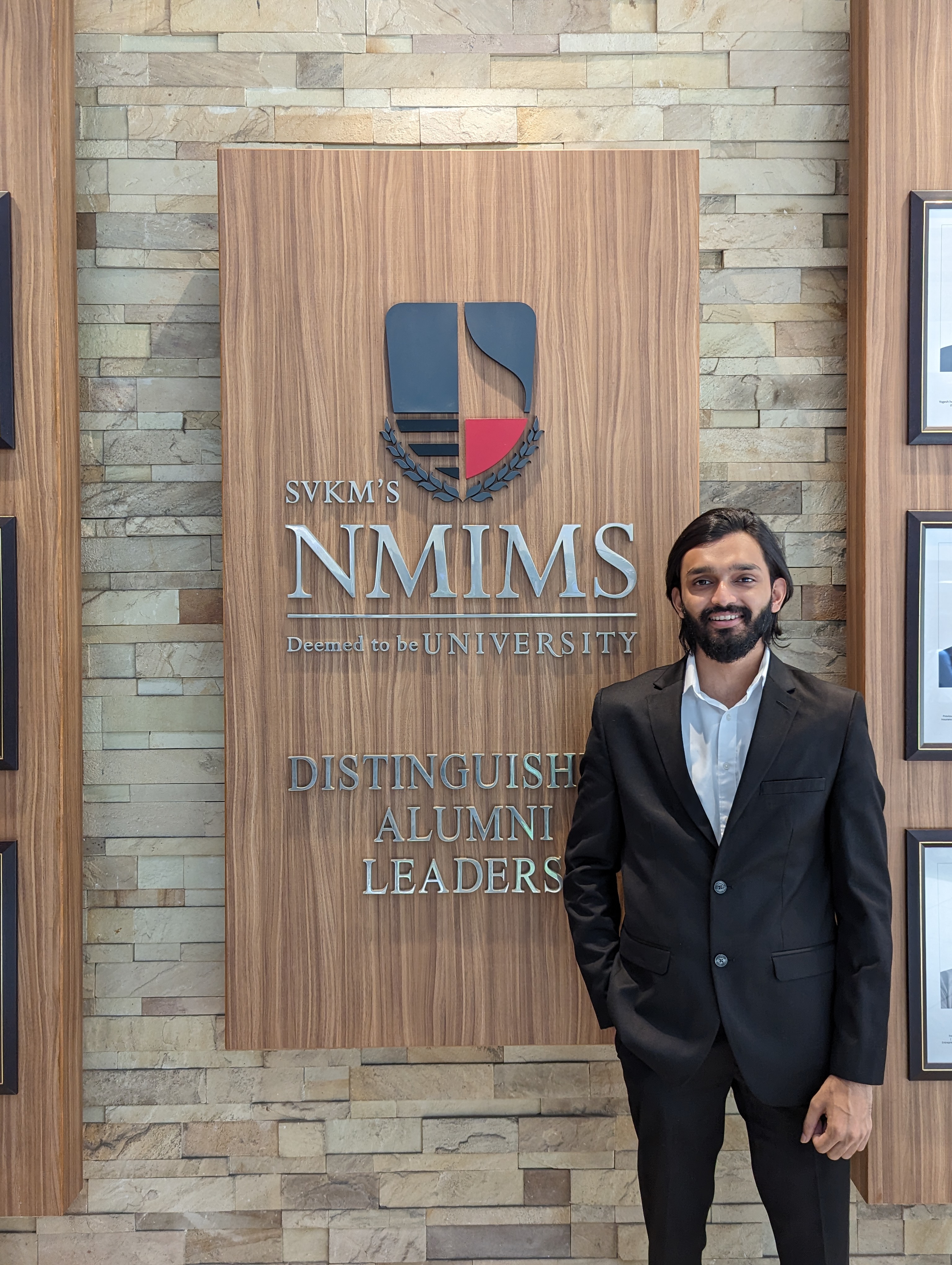across India





What will you get?
Course Content
Welcome to Course
05:55Starting MBA Interview Preparation
05:54The Desired Profile for MBA Colleges
06:05CV Format & Profile Building
-Interview Form Filling
05:47
Interview Day Process
06:55Interviewers' Expectations
10:32Dress Code for Interviews
05:18Body Language for Interviews
11:47Flow & Goals of an Interview
15:03Handling Stress Interviews
09:38Confidence & Communication
12:14How to Say 'I don't know'
05:04
Types of Interview Questions
23:12Academic Questions
-Hometown Questions
-Work-Experience Questions
-HR Questions
-Hobby-Based Questions
-Current Awareness Topics
-
Introduce Yourself
-Tell Me Something Not in Your CV
-Strengths and Weaknesses
-The Biggest Challenge You’ve Faced
-Short-Term & Long-Term Goals
-Why MBA?
-Why Should We Select You?
-Why Should We NOT Select You?
-Why this B-School & Not Any Other?
-Do You Have Any Questions For Us?
-
Group Discussion DOs & DON'Ts
14:57Group Discussion Topics
-
Written Ability Test DOs & DON'Ts
08:28Written Ability Test Topics
-
Statement of Purpose DOs & DON'Ts
07:35Sample Statement of Purpose
-
All the Best
01:29
What sets this course apart?
In the price of a pizza get selected by your dream B-school








Still not convinced?
Hear from your mentor

About the Mentor
Shweta Arora is a content creator in the education & career space with a combined following of 1.4 million across her social media handles. She is an alumnus of IIM Ahmedabad & Delhi University and has worked at Mondelez & Unacademy.
After scoring 99.09 percentile in CAT 2017, she received calls from all the IIMs of the country and converted IIM Ahmedabad, Calcutta, Lucknow, Indore, Kozhikode, Shillong and the new IIMs.
Through her conversations with thousands of MBA aspirants and professors over the last 3 years, she has gained valuable insights about the interview process of MBA admissions and has curated them in a crisp and intense course that will help you ace your interviews.
760k+
90k+
515k+
Shweta Arora is a content creator in the education & career space with a combined following of 1.4 million viewers across her social media handles. She is an alumnus of IIM Ahmedabad & Kirori Mal College and has worked for 2 years at Mondelez International
After scoring 99.09 percentile in CAT 2017, she received calls from all the IIMs of the country and converted IIM Ahmedabad, Calcutta, Lucknow, Indore, Kozhikode, Shillong and all new and baby IIMs
Through her conversations with thousands of MBA aspirants and professors over the last 3 years, she has gained valuable insights about the interview process of MBA admissions and has curated them in a crisp and intense course that will help you ace your interviews
760k+
515k+
90k+
Frequently Asked Questions
No, this course offers preparatory videos, question repositories and sample answers to top interview questions that prepare you to face different interview situations.
All the classes are pre-recorded, you can watch them at your own pace.
The language used is Hindi but the text on the videos is in English.
The course will remain accessible till 365 days from the purchase date.
A pre-recorded course helps you cover the basics in time to be prepared for the interviews. The insights shared in the course have been sourced from IIM professors and students which offers an insider perspective of the panelists' expectations.
Yes, a dedicated discussion forum is included as a part of the course offering where prospective MBA interview aspirants can discuss their experiences.









